A ceasefire in Sudan appears to be holding, although there have been reports of new gunfire and shelling.
It is the fourth effort to stop the fighting which began on 15 April, with previous truces not observed.
US Secretary of State Antony Blinken said the 72-hour truce had been agreed between the army and the paramilitary Rapid Support Forces (RSF) after 48 hours of negotiations.
The latest ceasefire attempt started at midnight (22:00 GMT on Monday).
There have also been reports of warplanes flying over Khartoum, but civilians are back on the streets of the capital.
At least 459 people have died in the conflict so far, though the actual number is thought to be much higher.
Both sides have confirmed they will cease hostilities.
But Tagreed Abdin, who lives 7km from the centre of Khartoum, said she could hear shelling from her home on Tuesday morning despite the agreement.
"The situation right now is that this morning there was shelling and gunfire," she told the BBC.
"Obviously the ceasefire hasn't taken," she added.
In other developments, the World Health Organization (WHO) has warned there is a "high risk of biological hazard" after fighters seized a laboratory believed to be holding samples of diseases including polio and measles.
Since the violence began, residents of Khartoum have been told to stay inside, and food and water supplies have been running low.
The bombing has hit key infrastructure, like water pipes, meaning that some people have been forced to drink from the River Nile.
Countries have scrambled to evacuate their diplomats and civilians as fighting raged in central, densely populated parts of the capital.
There will be hopes the ceasefire will allow civilians to leave the city. Foreign governments will also hope it will allow for continued evacuations out of the country.
Egypt's foreign ministry said on Monday that an attaché had been killed while driving to the embassy in Khartoum to help with the evacuation of Egyptian citizens.
EU foreign policy chief Josep Borrell also confirmed on Monday that more than 1,000 EU citizens had been evacuated.
South Africa, Kenya and Uganda are among the African nations to have announced the evacuation of their citizens.
The UK government has announced it will begin evacuating British passport holders and immediate family members from Tuesday.
On Monday, Mr Blinken said that some convoys trying to move people out had encountered "robbery and looting".
The US, he added, was looking at potentially resuming its diplomatic presence in Sudan but he described the conditions there as "very challenging".
Sudan suffered an "internet blackout" on Sunday amid the fighting but connectivity has since been partially restored, according to monitoring group NetBlocks.
The UN is bracing for up to 270,000 people to flee Sudan into neighbouring South Sudan and Chad.
Hassan Ibrahim, 91, is among those to have already fled the country. The retired physician lives near the main airport in Khartoum, where some of the worst fighting has taken place, but has since made the perilous journey into neighbouring Egypt with his family.
He told observer they had escaped being caught up in a firefight between RSF fighters and the army but that a van travelling behind them had got hit. The family then boarded a bus to the border, which took 12 hours, only for them to be met by "crowded and chaotic" scenes as people waited to be given entry.
"There were so many families with elderly passengers, children and babies," said Mr Ibrahim. "The Sudanese are fleeing the country - it is a sad reality."
Eiman ab Garga, a British-Sudanese gynaecologist who works in the UK, was visiting the capital with her children when the fighting began and has just been evacuated to Djibouti on a flight organised by France. Her hurried departure meant that she was not able to say goodbye to her ailing father, her mother or her sister.
"We're just looking at death and destruction and destitution."
Violence broke out primarily in Khartoum, between rival military factions battling for control of Africa's third largest country.
This came after days of tension as members of the RSF were redeployed around the country in a move that the army saw as a threat.
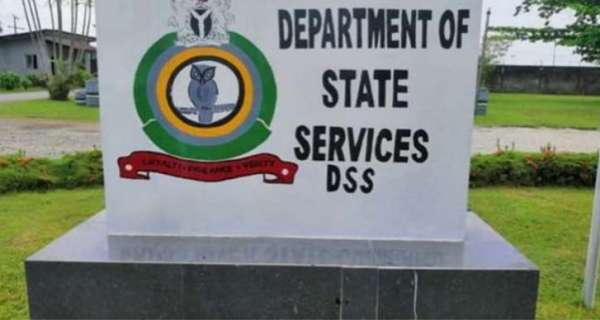






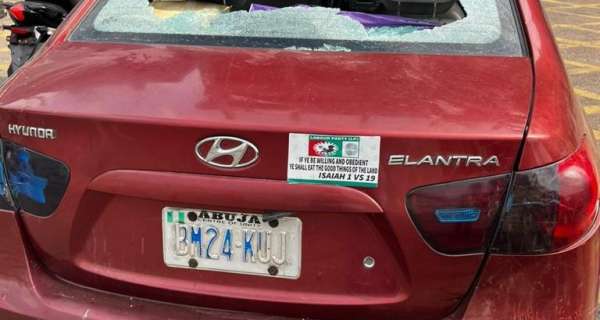
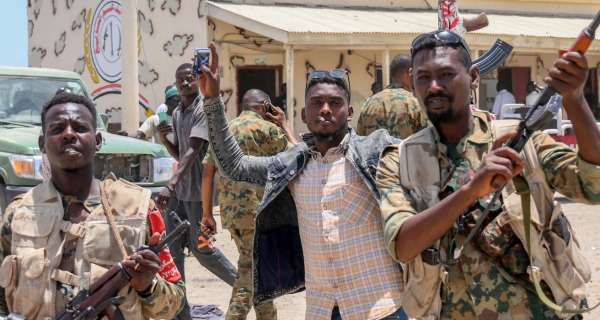


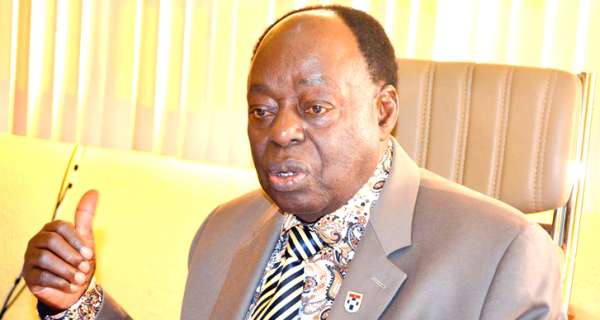


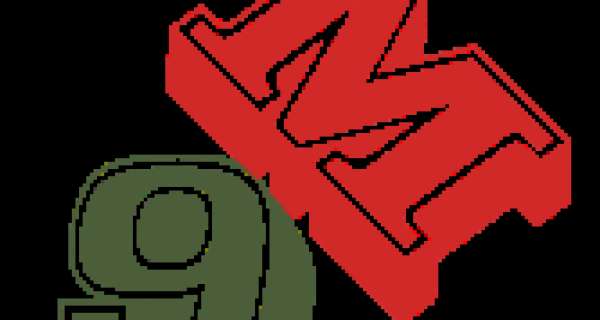



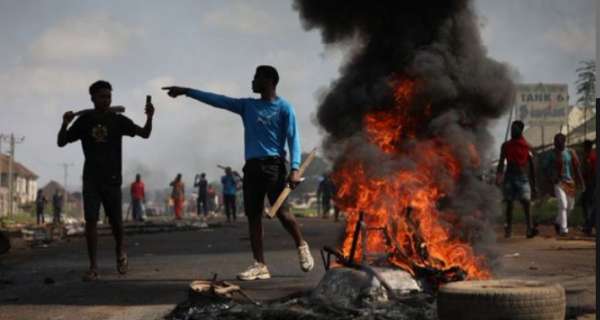
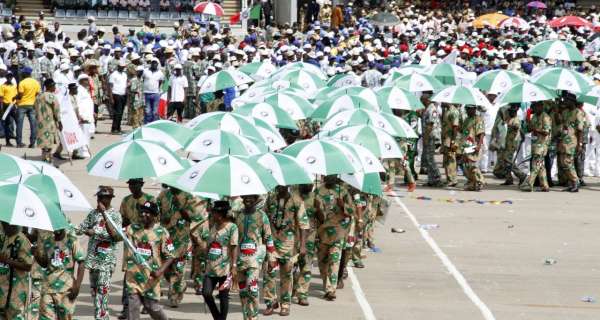

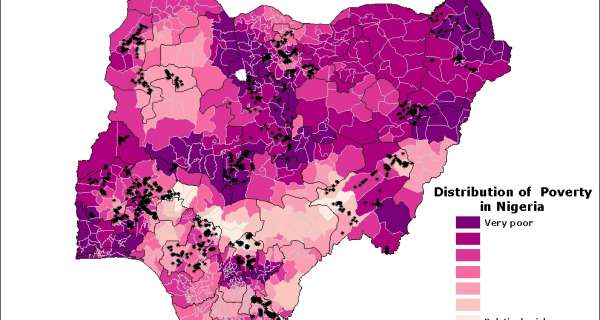
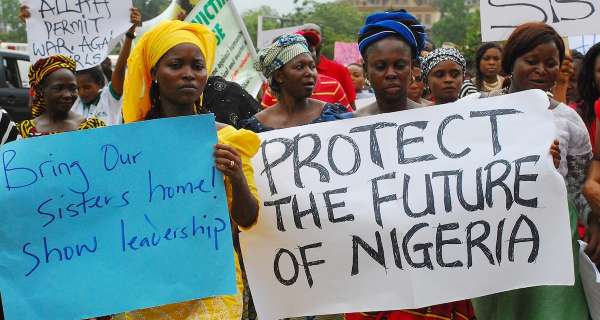

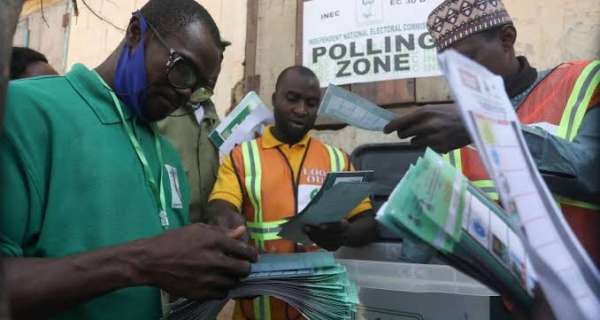



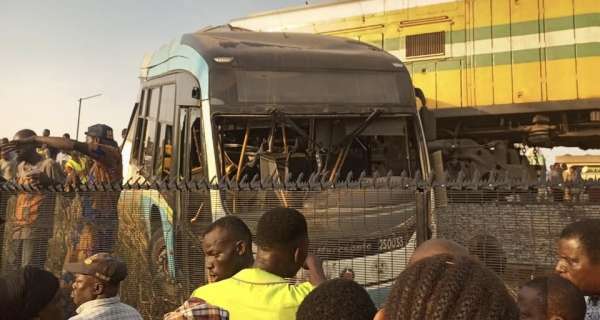
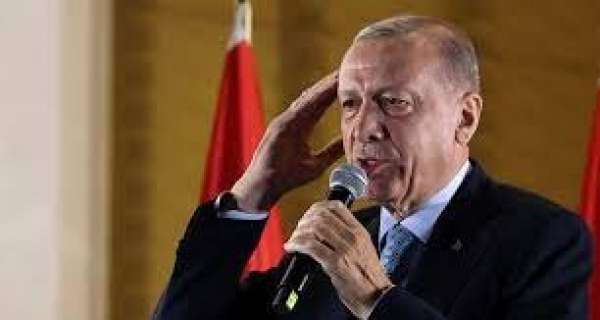


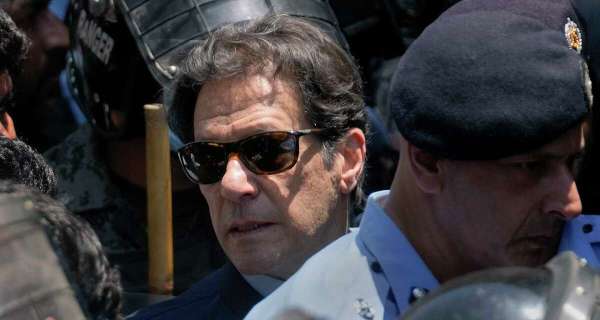


0 Comments